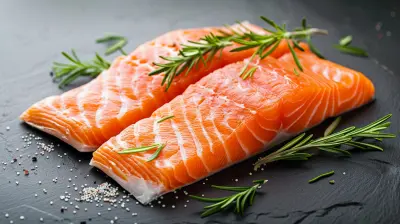The Role of Healthy Fats in a Diabetic Diet
19 August 2025
Let’s be honest — the word “fat” still scares a lot of people. Especially when you’re managing diabetes, fat might feel like a four-letter word that’s best avoided. But here's the thing: not all fats are created equal. In fact, some fats do more good than harm. Yes, really!
If you're trying to make sense of what belongs on your plate when you're living with diabetes, it's time to take a closer look at fats — especially the healthy kind. Because believe it or not, healthy fats aren't villains. They're actually vital teammates in your journey to better blood sugar control, improved heart health, and overall well-being.
In this article, we’ll unpack the truth about fats, break down which ones are friends vs. foes, and show you how to work the good kind into your daily eating habits.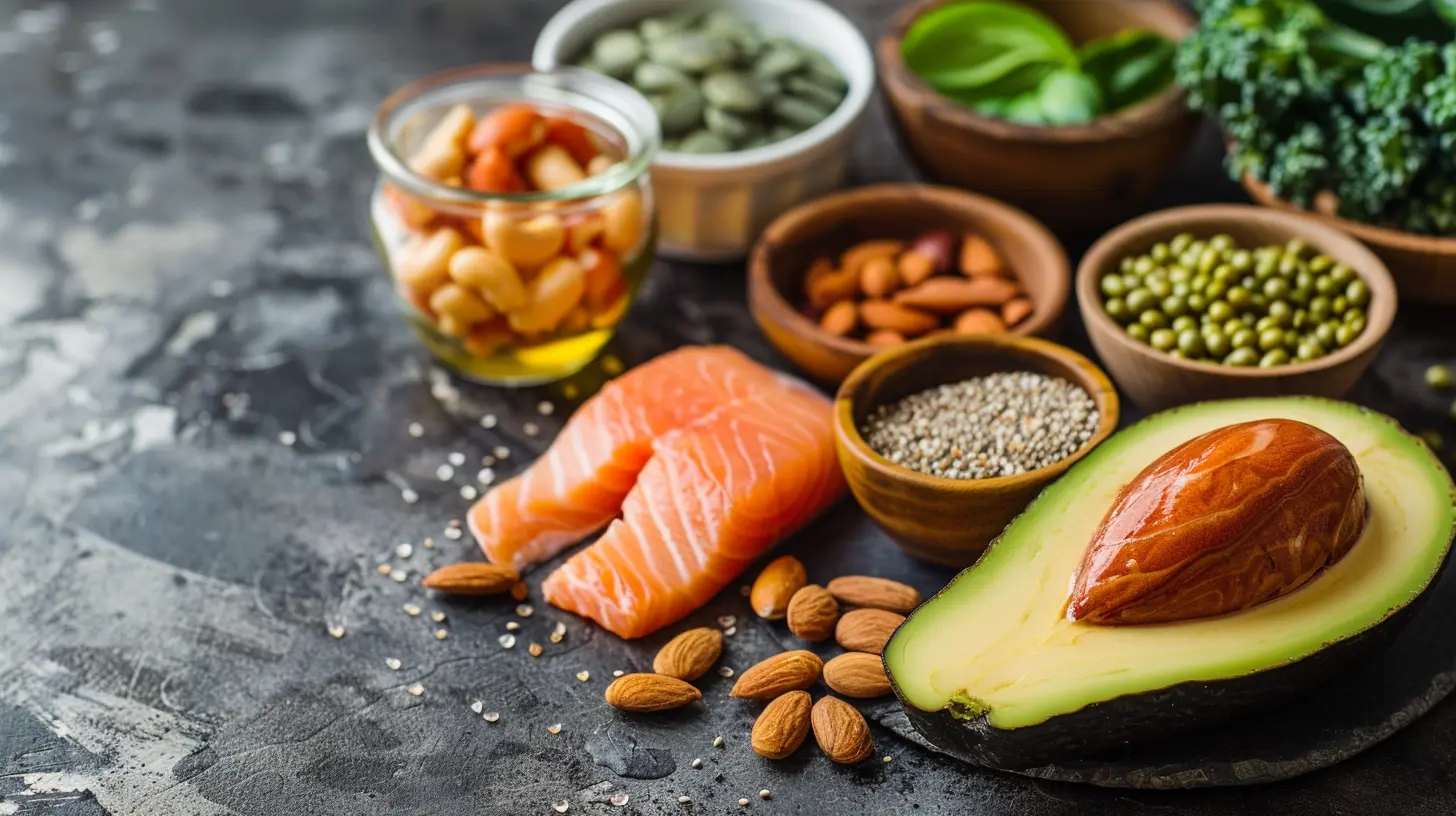
Understanding Fat: Friend or Foe?
Let’s clear up the confusion: fats are essential for your body. They help with nutrient absorption (especially vitamins A, D, E, and K), hormone production, and cell growth. And guess what else? They make food taste better and help you feel full longer.But you have to choose the right kind. Think of fats like people at a party — some bring good vibes and great conversation, while others stir up drama. The goal here is to invite more of the good ones to your table.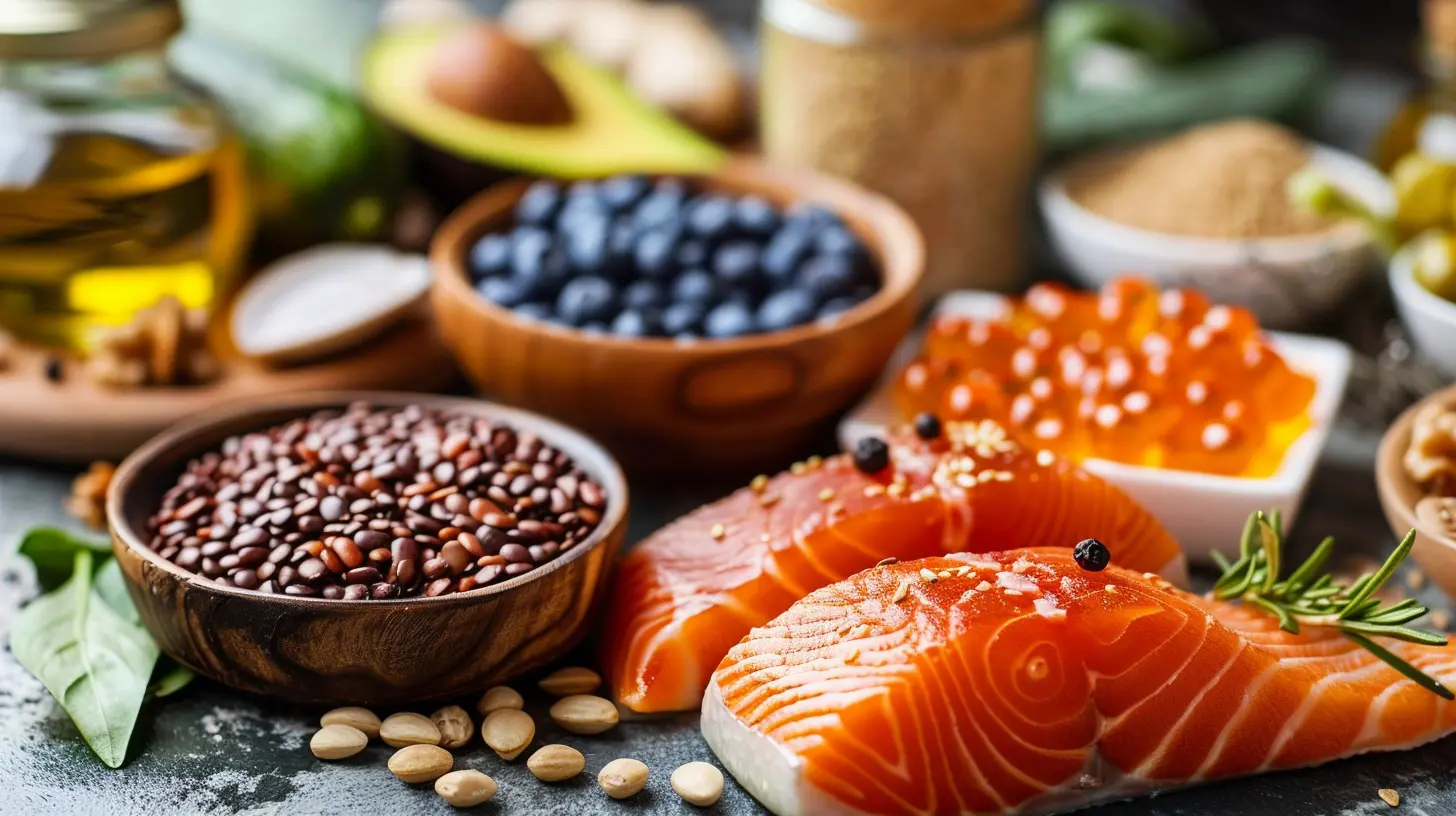
The Different Types of Fats
Before we dive into how healthy fats support a diabetic-friendly lifestyle, let’s break down the fat family:1. Healthy Fats (a.k.a. Unsaturated Fats)
These are your go-to's — the MVPs of the fat world.- Monounsaturated fats (MUFA): Found in olive oil, avocados, nuts, and seeds.
- Polyunsaturated fats (PUFA): Found in fatty fish (like salmon), flaxseeds, walnuts, and sunflower oil.
Both types improve heart health, lower bad cholesterol levels, and may even help with insulin sensitivity. That’s music to a diabetic’s ears!
2. Unhealthy Fats (a.k.a. Saturated and Trans Fats)
These fats are the party crashers. A little might be manageable, but too much can cause chaos.- Saturated fats: Found in butter, red meat, cheese, and full-fat dairy.
- Trans fats: Found in many processed foods, margarine, and baked goods made with hydrogenated oils.
These bad boys raise LDL (bad) cholesterol and increase the risk of heart disease — a major concern for people with diabetes.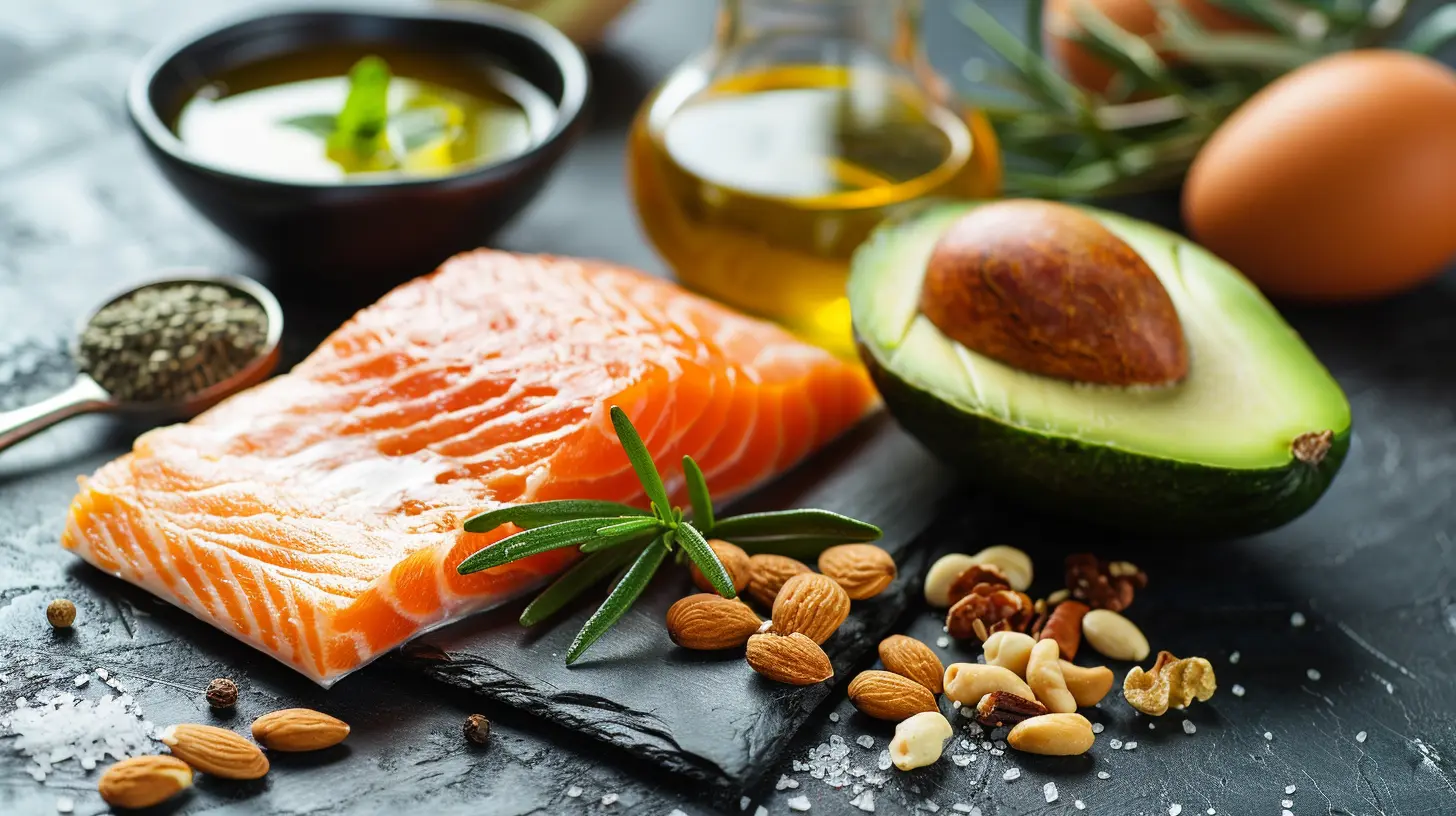
Why Healthy Fats Matter in a Diabetic Diet
Here's where things get interesting. If you're managing diabetes, it's not just about what you limit — it's also about what you add. Healthy fats play a surprisingly supportive role in blood sugar control and overall health.Let’s break down how:
1. They Help Stabilize Blood Sugar
Ever had a carb-heavy meal and felt like you were on a rollercoaster afterwards? That’s your blood sugar spiking and then crashing. Healthy fats slow down digestion and help stabilize your blood sugar levels by moderating the absorption of carbohydrates.In short? Healthy fats help keep those blood sugar swings in check.
2. They Support Heart Health
People with diabetes are twice as likely to develop heart disease. It's a scary stat — but not a hopeless one. Healthy fats, especially omega-3 fatty acids from fish, support heart health by reducing inflammation and improving cholesterol levels.Think of them as your heart’s personal bodyguards.
3. They Keep You Full (and Happy!)
One of the hardest parts of managing diabetes is sticking to a healthy eating plan without feeling deprived. Healthy fats help with that too — they keep you full and satisfied so you’re less likely to overeat or reach for sugary snacks.It’s like having a built-in appetite control switch.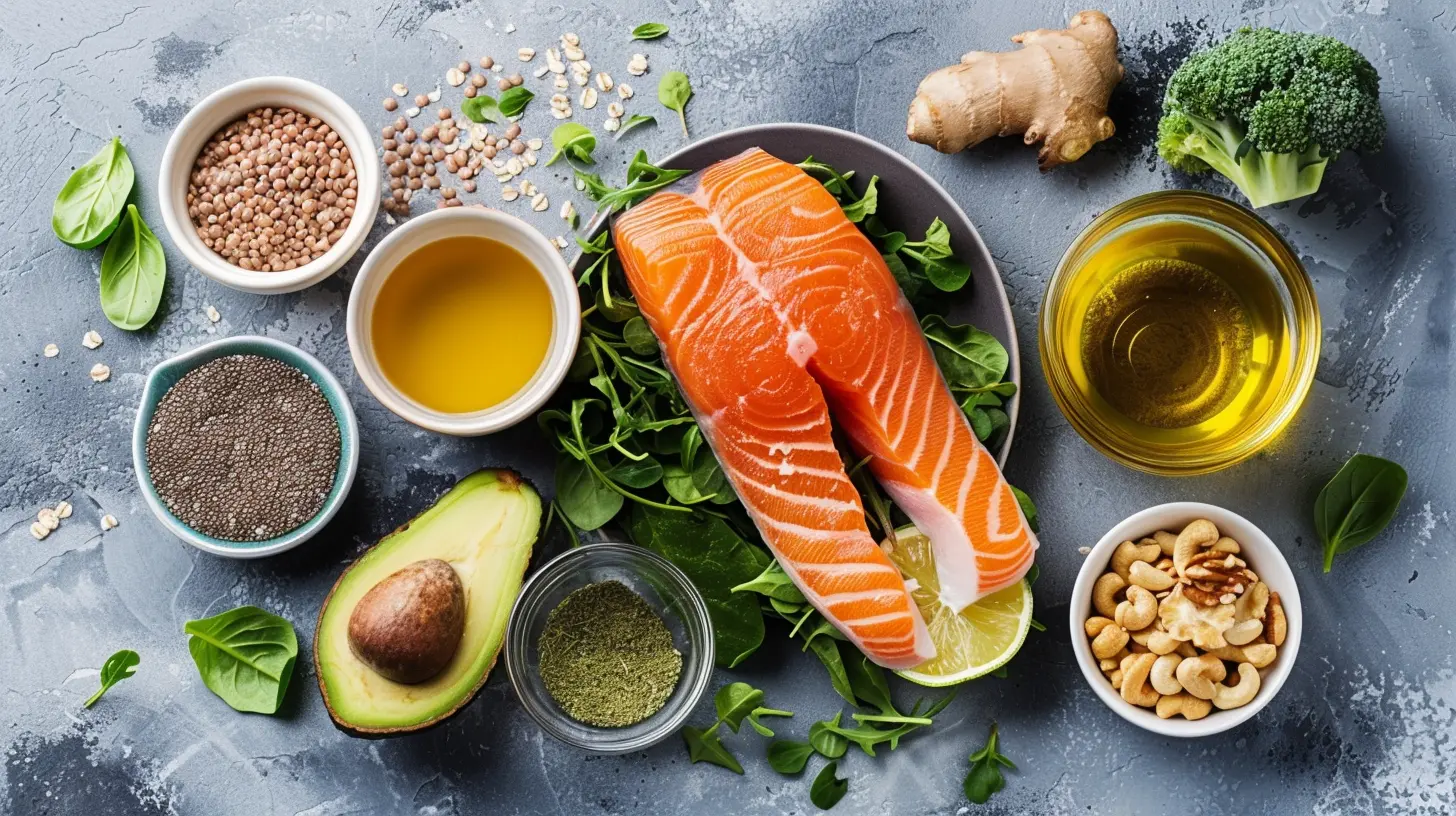
Best Sources of Healthy Fats for Diabetics
Now you might be wondering: where do I find these magical fats?Here’s a rundown of some top-notch sources to include in your meals:
🥑 Avocados
Packed with monounsaturated fats, fiber, and potassium. Slice them on toast or mash them into guacamole — just watch your portion sizes.🐟 Fatty Fish
Salmon, sardines, trout, and mackerel are loaded with omega-3s. Aim for two servings a week. Bonus: they also help lower inflammation.🥜 Nuts and Seeds
Almonds, walnuts, chia seeds, and flaxseeds are little nutrient powerhouses. Just keep an eye on portions; about a small handful goes a long way.🥥 Olive Oil
Swap your butter for extra virgin olive oil when cooking or dressing salads. It’s rich in heart-loving monounsaturated fat.🌰 Nut Butters
Go for unsweetened, natural nut butters — they’re creamy, satisfying, and full of healthy fats. Watch out for added sugars or hydrogenated oils.🌻 Plant-Based Oils
Canola, flaxseed, sunflower — these oils are good options for cooking or drizzling.Fats to Avoid or Limit
While adding more healthy fats to your diet, don’t forget to keep an eye out for the troublemakers.❌ Trans Fats
These are the artificial fats often found in processed foods and baked goods. Always check the label — anything with "partially hydrogenated oils" is a red flag.❌ High Saturated Fat Foods
A bit of saturated fat is okay, but go easy on foods like:- Fatty cuts of meat
- Full-fat dairy
- Butter
- Coconut oil (a controversial one — some love it, but the ADA recommends caution)
Try to keep saturated fat under 10% of your daily calories — or even lower if you have heart disease.
How to Include Healthy Fats in a Diabetic Diet
Alright, so how do you use this info in real life? Let’s talk practical tips.✅ Start Your Day Right
- Add avocado slices to your eggs.- Sprinkle flaxseed into your oatmeal or smoothie.
- Use natural peanut butter on whole grain toast.
✅ Upgrade Your Lunch
- Drizzle olive oil on a salad.- Toss chia seeds into Greek yogurt.
- Use tuna or salmon in sandwiches instead of processed deli meats.
✅ Reinvent Dinner
- Grill up some salmon.- Stir-fry veggies in avocado oil.
- Add nuts to sautéed greens.
✅ Snack Smarter
- Grab a handful of almonds or walnuts.- Munch on veggies with hummus (hello, healthy fat + fiber!).
- Try Greek yogurt with chia seeds and berries.
Common Myths About Fats and Diabetes
Let’s bust a few myths while we’re at it:🔸 Myth #1: Fat makes you fat.
Nope. Eating too many calories — from any source — leads to weight gain. Healthy fats can actually help with weight control because they keep you feeling full.🔸 Myth #2: If you have diabetes, you should eat low-fat everything.
Again, not true. Low-fat products often come packed with sugar to make up for lost flavor. Always read the labels.🔸 Myth #3: All plant-based oils are healthy.
Not necessarily. Some vegetable oils are highly processed and high in omega-6 fatty acids, which may fuel inflammation if consumed in excess. Stick to cold-pressed, minimal-processed options like olive and avocado oils.Should You Track Your Fat Intake?
You don’t have to obsessively track every gram, but some mindfulness goes a long way. If you're working with a dietitian or diabetes educator, they can help you figure out a fat intake that suits your goals.Keep in mind that fat is calorie-dense (9 calories per gram), so portion control still matters. A little truly goes a long way.
Final Thoughts
Healthy fats are more than just allowed in a diabetic diet — they’re encouraged. They help your body function better, keep your heart strong, and make meals satisfying.So go ahead and embrace that avocado toast or that handful of walnuts. These fats are doing more than just adding flavor — they’re actively working to balance your blood sugar and protect your heart.
Remember, managing diabetes doesn’t mean deprivation. It's about making smarter, more balanced choices. And healthy fats? They're definitely one of the smartest.
all images in this post were generated using AI tools
Category:
DiabetesAuthor:

Laurie Barlow
Discussion
rate this article
1 comments
Cecilia McClellan
Incorporating healthy fats into a diabetic diet can improve insulin sensitivity and promote heart health. Avocados, nuts, and olive oil provide essential fatty acids while stabilizing blood sugar levels, making them valuable allies in diabetes management and overall wellness.
September 10, 2025 at 3:41 AM

Laurie Barlow
Thank you for highlighting the importance of healthy fats! They play a crucial role in enhancing insulin sensitivity and supporting heart health for those managing diabetes.
